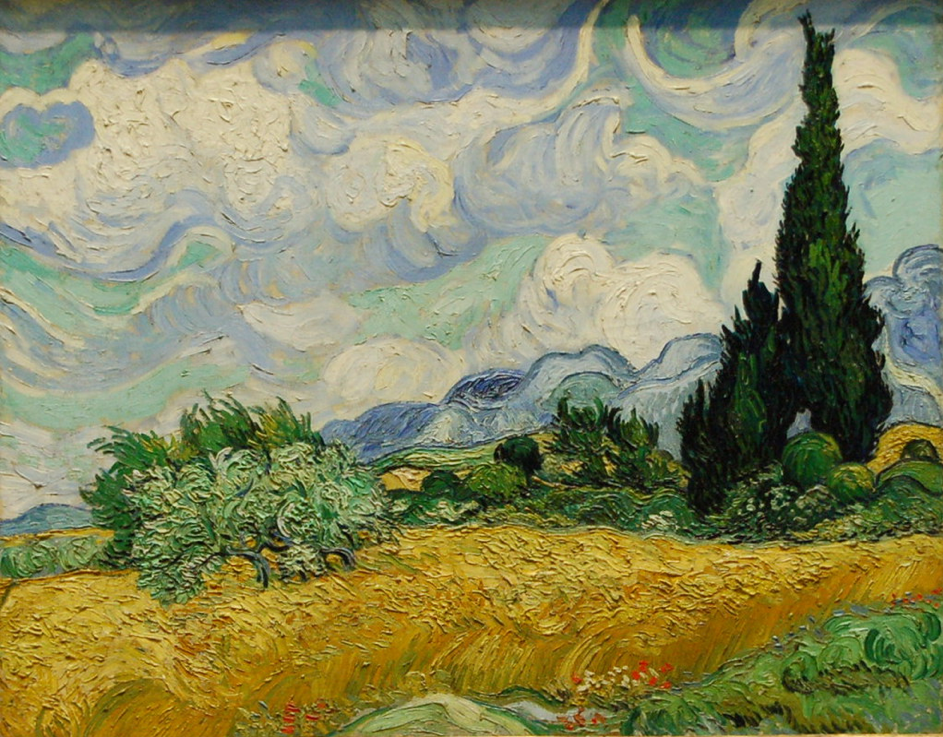This post is also available in Dutch.
Holidaymaker’s pitfalls to avoid
This blog will explore the most common mistakes some people make during their vacations and how to avoid them. In this Harvard Business Review article, the author identifies three vacation styles that can be problematic in terms of health and well-being.
The Couch Potato
In this context, the couch potato is referring to someone who is spending all of his spare time lying in the couch and sleeping. If you’re one of them, then the problem is not about disconnecting from work, but rather that you are not fully enjoying your free time. Of course doing nothing can feel nice from time to time but not routinely. But then, why some people tend to do this? It might be that they need to catch up on their sleep more than anything else.
The Holiday Humbug:
If you fit into this category, you’re continuing your job on a part-time basis while on vacation, allowing you some time off but no real break. You’re seeing it as an opportunity to catch up on work, to reach your goals. There is a problem, however: it is known that a complete break, in which you forget about work stress and explore new activities and hobbies is important for improving your well-being.
Workaholidayic:
If you are in this category, you don’t know what it is to relax. You are trapped in your hectic lifestyle, and even when you’re not working, you continue to rush and juggle with activities, adding on family visits, trips, museums and so on, without ever stopping. Your brain is congested with a permanent flow of information. Be careful, because one day or the other your body and mind might force you to take a break.
How to make the most of your holidays?
Over the long term, not taking a real break has been associated with an increase of stress-level and a decrease of well-being. And there is no possibility of making up for this lack of a break taking only an extended week-end because they seem to have no sustainable effect on well-being. Here are some suggestions you might want to try out.
Let your mind rest and wander
People stated that because they could sleep longer (8 hours on average) and in good conditions, they felt revitalized and more relaxed. This positive feeling was reinforced during the day, where they felt freer to think about everything and nothing in particular. And thinking of nothing is important for so many things! It enables us to consolidate our memories, to imagine past or future events and associate it with emotional content. In such context, the brain goes into a “default mode”, but this doesn’t mean that it is less active. The default mode network consists in a specific set of areas which are active exclusively when we are relaxing and paying attention to nothing in particular. What happens is that our brain shifts toward a state of introspection where newly collected information and thoughts are interconnected and memorized.
Draw your wish list
How to not be overwhelmed, or conversely, how to get off the couch during holidays? Maybe it is time to organize your time a bit by developing your personalized program. Of course it should stay flexible, the idea is not to set binding constraints, but just to list suggestions of what you would like to do. You might even want to create some special holidays traditions, as starting your day with a yoga or workout session for example. Some meditation also? Or developing and testing new recipes in family?
Let’s strike a balance!
The art of taking holidays requires both rest and new motivating experiences. Therefore, the first condition is to devote time and change your routine. Then to create and commit to your own holidays program. And finally, to find the balance between taking the time to let your mind wander, your body rest, and to enjoy and engage in new activities. You might be surprised of how diversifying activities can improve your productivity in other areas of your life as well.
Author: Kim Beneyton
Buddy: Christina Isakoglou
Editor: Rebecca Calcott
Translator: Ellen Lommerse
Editor Translation: Jill Naaijen
Image: “Wheat Field with Cypresses”, Vincent Van Gogh (1853-1890). Oil on canvas, 1889. Metropolitan Museum of Art (New York)
